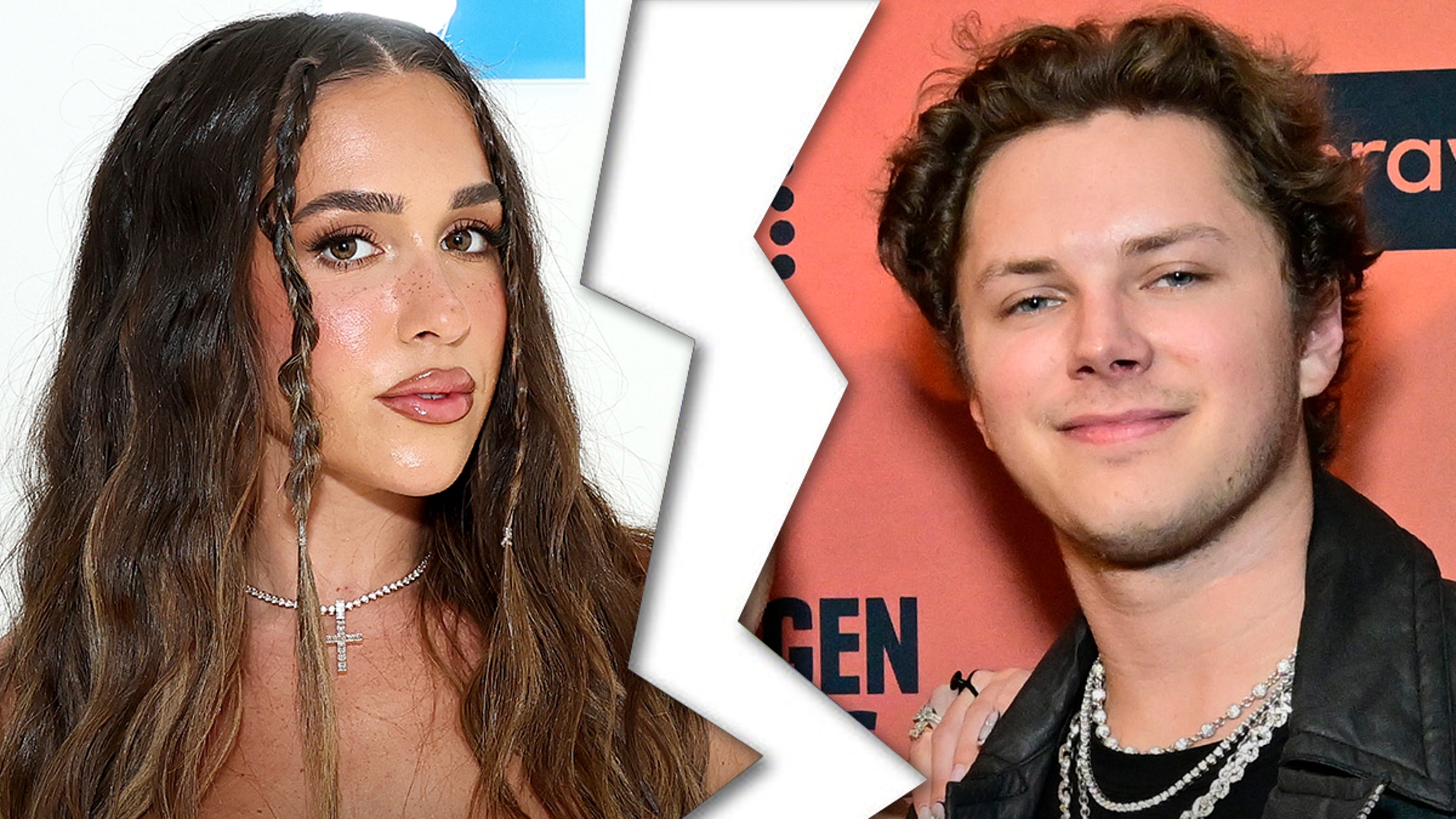New York City hasn’t had any measles outbreaks yet this year, even as cases nationwide hit a 33-year high. But individual cases continue to be reported and officials continue to urge vaccination and caution in a city that helped drive a major spike in cases in 2019.
Seven cases of measles have been reported in the five boroughs so far this year, with the most recent confirmed in early July, according to city health department updates. Statewide, there have been 14.
That’s about on par with 2024, when there were 15 cases statewide throughout the full year, including 14 in the city.
“It is not uncommon for us to see sporadic cases of measles due to the international nature of NYC,” Chantal Gomez, a spokesperson for the city health department, said in a statement.
But, Gomez added, “outbreaks can occur in areas where vaccination rates are low, highlighting that on-time vaccination beginning at age 12 months is essential for prevention.”
State health officials have advised New Yorkers to ensure they and their children are fully vaccinated against the measles — and to double-check their vaccination status before traveling to affected areas.
Sen. Chuck Schumer, a New York Democrat, sounded a more urgent alarm Friday in a letter calling on Robert F. Kennedy Jr., the secretary of the U.S. Department of Health and Human Services, to declare measles a national public health emergency.
Schumer said Kennedy was not dedicating the necessary resources or attention to stemming the spread of the disease and was taking actions that could make it worse.
“Under your tutelage as secretary, you have undermined vaccines, gutted public health funding, and dismantled core federal protections meant to keep Americans safe,” Schumer wrote.
Schumer also called out Kennedy for “politicizing” his recent overhaul of the CDC Advisory Committee on Immunization Practices, an expert committee that makes vaccine recommendations and influences insurance coverage.
Across the United States, the CDC reports there have been 1,288 confirmed cases of measles in 2025 so far, surpassing the number reported in 2019, when a national spike in cases was driven by an outbreak in New York City’s Orthodox Jewish communities.
The overwhelming majority of measles cases this year have been reported in areas that have had outbreaks, including parts of Texas, New Mexico and Kansas, according to the CDC.
Emily Hilliard, a spokesperson for the Department of Health and Human Services, responded to a message seeking comment about Schumer’s letter by saying the agency is providing help to areas affected by measles outbreaks.
She also pointed out that the rate of measles infection in the United States so far this year is lower than in some other countries, including Canada, the United Kingdom, France, Spain and Italy.
Hillard said the CDC considers vaccination the best way to protect against measles, but also echoed sentiments Kennedy has expressed previously, stating that “the decision to vaccinate is a personal one.”
“People should consult with their healthcare provider to understand their options to get inoculated and should be informed about the potential risks and benefits associated with vaccines,” Hilliard continued.
In New York, Gov. Kathy Hochul and state health officials have raised concerns that young children are not getting their measles, mumps and rubella, or MMR, shots on time, leaving kids undervaccinated.
About 95% of New York City children between 24 and 35 months have gotten at least one MMR shot, according to a new city data dashboard — an overall vaccination rate much higher than the city health department shared with Gothamist earlier this year. However, vaccination rates vary significantly by zip code, with fewer than 70% of two-year-olds vaccinated in some areas.
Source link

